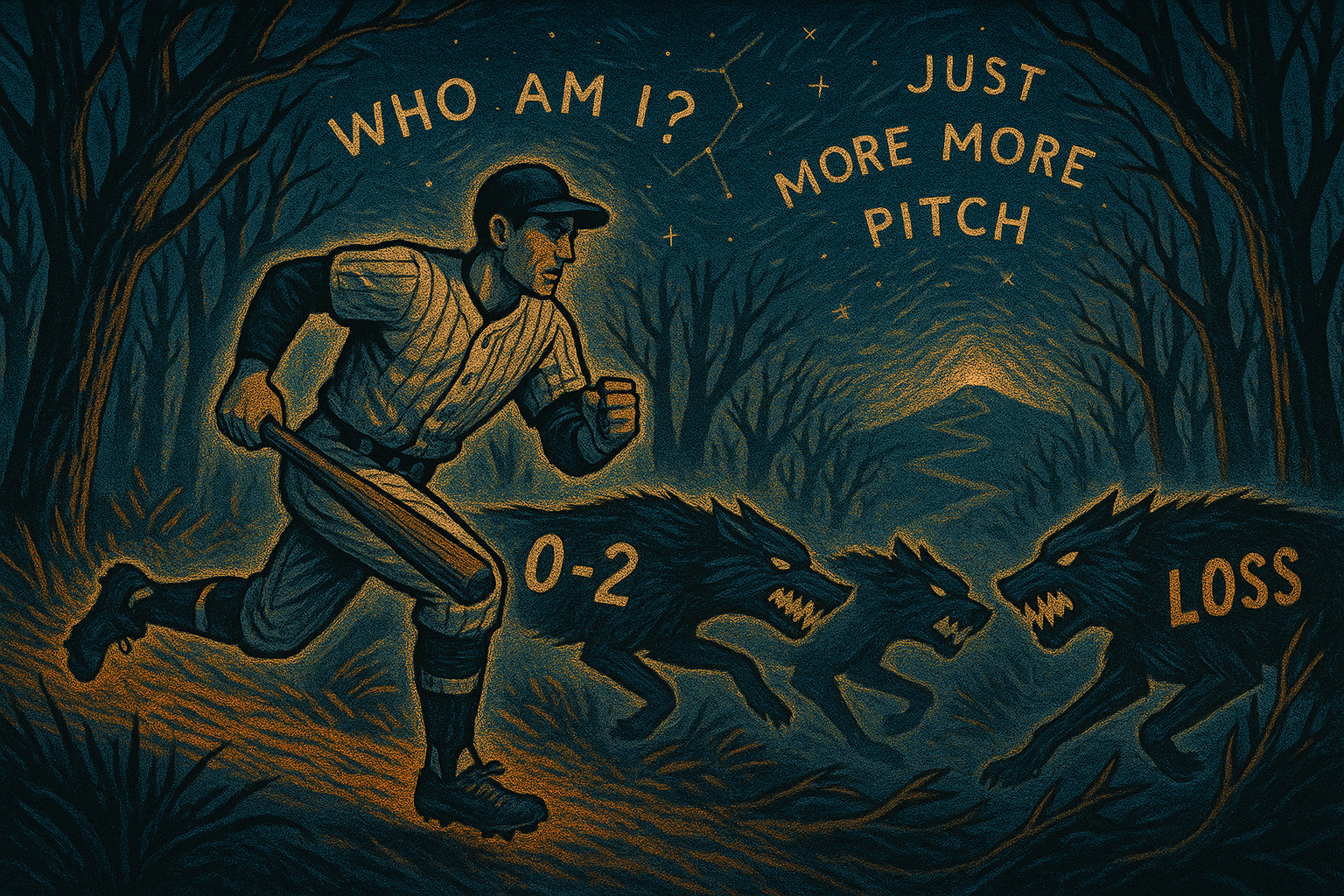- All
- Blog
- Holistic Healing
- Interviews
- Latest Content
- Relationships
- Stories
- Triggers
- Uncategorized
- Videos
All
- All
- Blog
- Holistic Healing
- Interviews
- Latest Content
- Relationships
- Stories
- Triggers
- Uncategorized
- Videos
Rinse and Repeat: Resolving Re-enactment From Childhood Trauma
Ken Wells
July 1, 2025
READ IT TO ME: Click play to listen to this post. For sure, nobody gets through childhood unscathed. Some of us experience “Big T” traumas ...
Read More →
Crystal Living
Ken Wells
June 27, 2025
READ IT TO ME: Click play to listen to this post. Hold a piece of crystal to the light and it paints a rainbow on ...
Read More →
Secret Life Skill Sets that Create Serenity
Ken Wells
June 24, 2025
READ IT TO ME: Click play to listen to this post. When I was in my mid-twenties I was a youth minister with junior high ...
Read More →
How Do I Say I Love You When I Feel Like Running Away
Ken Wells
June 20, 2025
READ IT TO ME: Click play to listen to this post. Addictive behavior always involves betrayal. You say you will do one thing, but your ...
Read More →
Managing Uninspired Moments
Ken Wells
June 17, 2025
READ IT TO ME: Click play to listen to this post. “The same thing is true with our spirit. There may be a zone of ...
Read More →
More About the Formation of Self Belief
Ken Wells
June 13, 2025
READ IT TO ME: Click play to listen to this post. It’s pretty normal to get caught up in the adrenaline rush of achievement. When ...
Read More →






